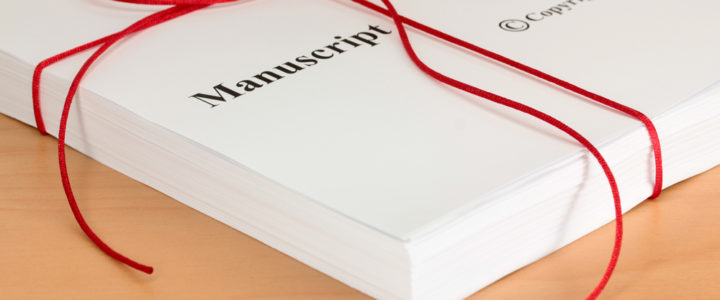“Easy reading is damn hard writing.”
— Nathaniel Hawthorne
Want to Write a Book (or Anything Else)? Don’t Do It Alone!
We envision authors writing in seclusion. Maybe locked away in a room or an isolated cottage on the beach.
Sure, it takes a lot of time alone to write a manuscript that becomes a book.
But the more I write, the more I play it as a team sport.
For three years, I spent countless hours alone in my office writing Losing Your Job & Finding Yourself. It took longer than I imagined. But no longer than a typical process to complete a book.
After two years, I sent a manuscript and red pen to nine people (my first readers). I asked them to write comments about what resonated, what was confusing, what was boring or repetitive, what made them laugh. I asked them to be candid about whatever they thought would make it better. I am forever grateful for the time and attention they put into the feedback they provided.
The manuscript I sent out for feedback was far beyond my first draft. I lost count of how many revisions I had made before sharing it. And, while my first readers had it, I was already re-working many parts. I received their marked-up versions over the next three months. Several people provided in-depth critiques and suggestions. There was no doubt about it. I had to pull it apart and put it back together differently. I worked on this puzzle for most of another year.
The best part of this story is how the book was transformed from the manuscript I shared to the version I published. The most common feedback from first readers was that the first 90 pages dragged. Then, at a certain point in the story, the pace picked up and reading became a breeze.
Flash forward. Many people soar through 235 pages in one or two sittings. I’m thrilled when they say it flows from beginning to end. My quest had been to create an effortless immersion, with inspiration, insights, and information.
The big takeaway? Everything we write gets better with input from others. Putting our egos aside to treasure their gems is well worth it.




